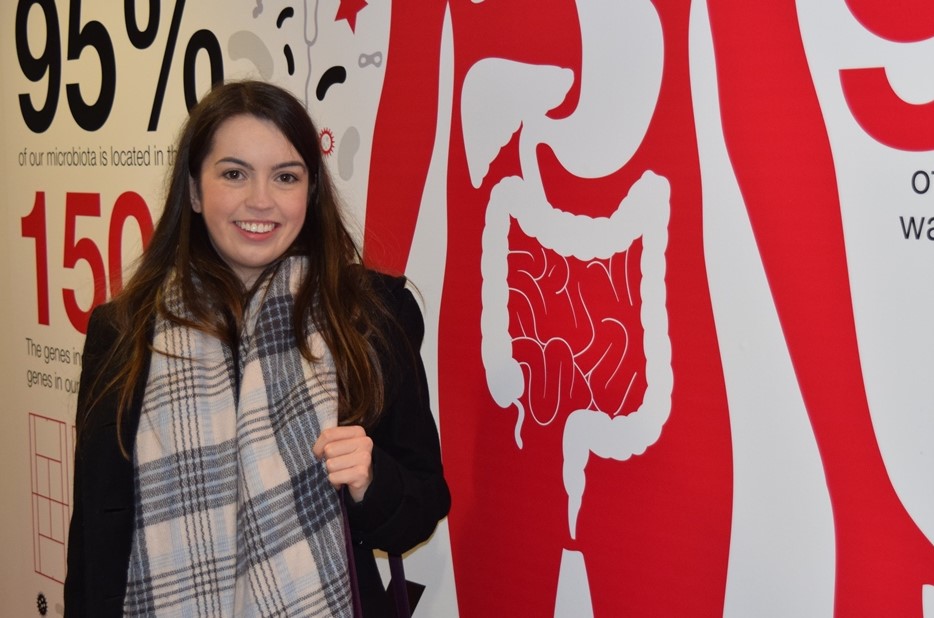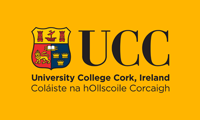News
Ireland’s Cricket Team Not Immune To Delhi Belly

Ireland’s Cricket Team Not Immune To Delhi Belly
Travel Takes A Toll On The Gut
For athletes who travel internationally to compete, avoiding gut distress symptoms (aka Delhi Belly) is crucial to ensure top performance and this new study provides insight to identify approaches for athletes preparing for international sporting tournaments.
In a new study which followed Irish cricket players as they prepared for the 2016 ICC Twenty20 World Cup, Ciara O’Donovan, an APC PhD student, found that the travel took a toll on their gut.
The researchers, led by Paul Cotter and Orla O’Sullivan based in Teagasc Food Research Centre, Moorepark, partnered with the Sport Ireland Institute and Cricket Ireland to study the gut microbiome of Irish male and female cricket players. They tracked changes in the cricket players’ gut microbiomes as they travelled to Zimbabwe, Namibia, Australia, the United Arab Emirates, and India in the run up to the 2016 ICC Twenty20 World Cup.
The gut microbiome of healthy adults generally remains stable over time. However, the study found that the stability of cricket players’ gut-microbiome fluctuated during travel. The type of gut-microbes present in cricket players while at home differed from those present during travel periods, in particular after travel to India. Importantly, those microbes that were different have previously been associated with symptoms of gut distress and notably, several of the athletes studied did encounter such symptoms.
Another undesirable phenomenon was found – there was an increase in the number of antibiotic resistance genes present in the guts of travelling athletes, a phenomenon that was most apparent in those who experienced gut distress. However, many other studies have indicated that antibiotic resistance genes acquired during travel do not persist.
Athletes travel all over the world to train and compete and it’s crucial that they remain healthy. If we can plan evidence-based strategies which can maintain health then we are giving athletes a better chance of performing to their optimum. Months of training can be lost if an athlete picks up a bug that can stop them from competing at an event. This is devastating if this event is only every 4 years like a World Cup or Olympic and Paralympic Games.
This research gives us a better understanding of the potential impact of travel on the gut microbiome of individuals, and in particular athletes, who travel frequently to many different destinations during their career. For now, practical advice includes avoiding those foods known to be associated with gastrointestinal distress during travel, especially uncooked or unpasteurised products. Going forward, researchers at APC Microbiome Ireland are working towards identifying approaches, through diet and the use of specific probiotics or biotherapeutics, to protect the gut microbiome during travel. Ultimately, with a greater knowledge of potential negative impacts of travel on the microbiome, interventions can be sought to minimise these impacts so that athletes can perform at their best.
Full reference:
Instances of altered gut microbiomes among Irish cricketers over periods of travel in the lead up to the 2016 World Cup: A sequencing analysis Ciara M. O’Donovan, Brendan Connor, Sharon M. Madigan, Paul D. Cotter, Orla O’Sullivan; Travel Medicine and Infectious Disease January 2020


